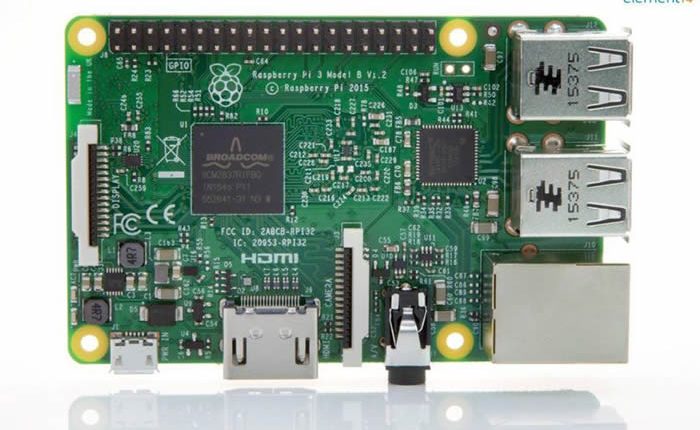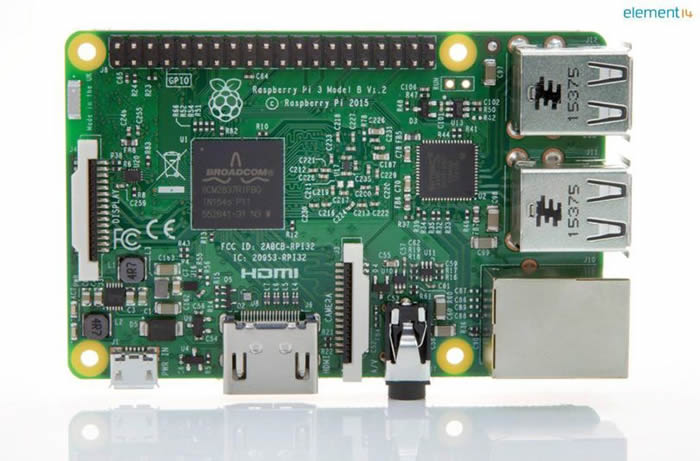Raspberry Pi To Receive Google Gift Of AI
Selling more than 10 million credit card-sized computers, Raspberry Pi is the most successful British computer ever. Now it could be about to get even more powerful.
Google is working to bring its artificial intelligence, machine learning and other developer tools to the small computer, Pi’s creators have said.
“Google is going to arrive in style in 2017,” a blog post on the Raspberry Pi website says. “The tech titan has exciting plans for the Raspberry Pi community, with a range of AI and machine learning services ready to roll.”
The post goes on to say the Pi community will be given new tools to enhance what the device is capable of. The organisation also says it wants those developing and working with the Pi to answer a survey on what could help them the most.
However, the team behind Pi is quiet about specific use cases or applications that have been developed by Google. Raspberry Pi told WIRED it has nothing specific to announce at present but is hopeful there will be developments to reveal later in 2017.
“We don’t have any specifics to announce right now, but we’re excited to keep sharing more open source machine learning tools with the community – stay tuned for more this year,” a Google spokesperson told the BBC.
Any interest in Raspberry Pi would not be a surprise from Google. In April 2016, a mysterious developer tree was opened on the Android Open Source Project repository, hinting the operating system could be making its way to the small computer.
Android for Pi has yet to materialize but, at the time, Raspberry Pi foundation founder Eben Upton told WIRED it was an “encouraging move” and any development would be able to “bring a vast amount of content to the platform”. In the past Google has also developed a coder that lets HTML, CSS, and Javascript projects to be created online and then loaded onto the Pi.
At the end of 2016 Raspberry Pi launched an experimental version of its Pixel operating system for PC and Macs. The desktop software lets anyone – even if they don’t have a Pi – develop code directly from their computer.
While Raspberry Pi is a long way in front of competitors for tiny processors, there is stiff competition. The BBC’s Micro:bit has been spun-out into a new Foundation helping to push the device to school children around the world.
Asus has also launched its own version of the Raspberry Pi. The beefed up Tinker Board is similar to the Pi but has 4K capability and comes with a quad-core 1.8GHz Rockchip processor.
More information: WIRED


